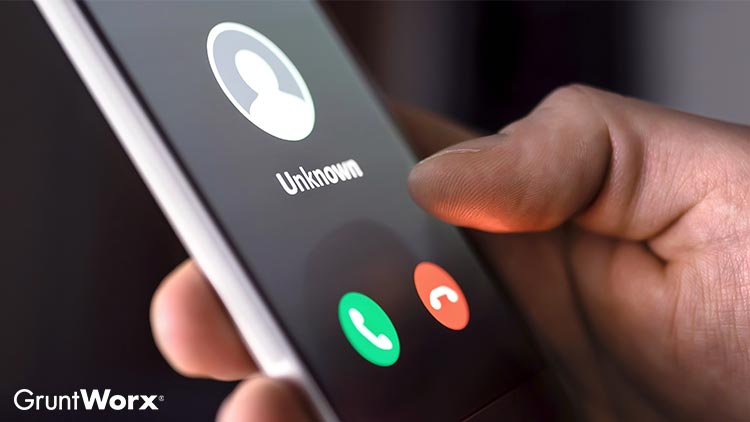
Crises can bring people together. When communities are struck by natural disasters, the news is filled with stories that restore our faith in humanity. But not everyone is interested in helping those in need.
Identity thieves see suffering as an opportunity to steal your money, and the ongoing coronavirus pandemic has helped criminals spread their personal brand of misery. COVID-19 scams have continued to evolve throughout 2020, and a recent Federal Communications Commission consumer alerts highlights identity thieves’ boundless cruelty and creativity.
Criminals have begun posing as contact tracers in phone calls and text messages, hoping—as the FFC rightly points out—to capitalize on the public’s fear. What makes this even more insidious is that trusting real contact tracers is an essential part of reducing the spread of this disease.
What are identity thieves asking for in the COVID-19 scam calls and text messages?
Identity thieves impersonating COVID-19 contact tracers are requesting personally identifiable information (PII), and in some cases, they are even demanding payment for “testing services.” The FCC says to be on the lookout for text messages and phone calls that ask for the following information:
- Insurance information
- Bank account information
- Credit card numbers
- Social Security numbers
If you or one of your clients receives one of these text messages—as with boilerplate phishing email scams—do not click on any embedded links!
“Scam text messages often include links to websites that request Social Security numbers or insurance information,” the FCC explains. “Some even attempt to collect bogus payments for testing. Clicking these links can also download malware onto a mobile device, allowing scammers to access your personal data.”
The FCC notes that contact tracers will only call or text one time, and they will never tell you who has a confirmed coronavirus case. And if a caller doesn’t know where you should go to get tested, that’s a surefire sign they aren’t legit.
To further protect yourself against these scams as they continue to evolve, the agency recommends you learn how your state’s specific contact tracing methods. We’ve also provided a link to a Federal Trade Commission infographic that can help you and clients identify the signs of a scam call or text below.
Stay safe!
Source:Fear Fuels COVID-19 Contact Tracing Scams; Contact tracing call? 5 things to know







